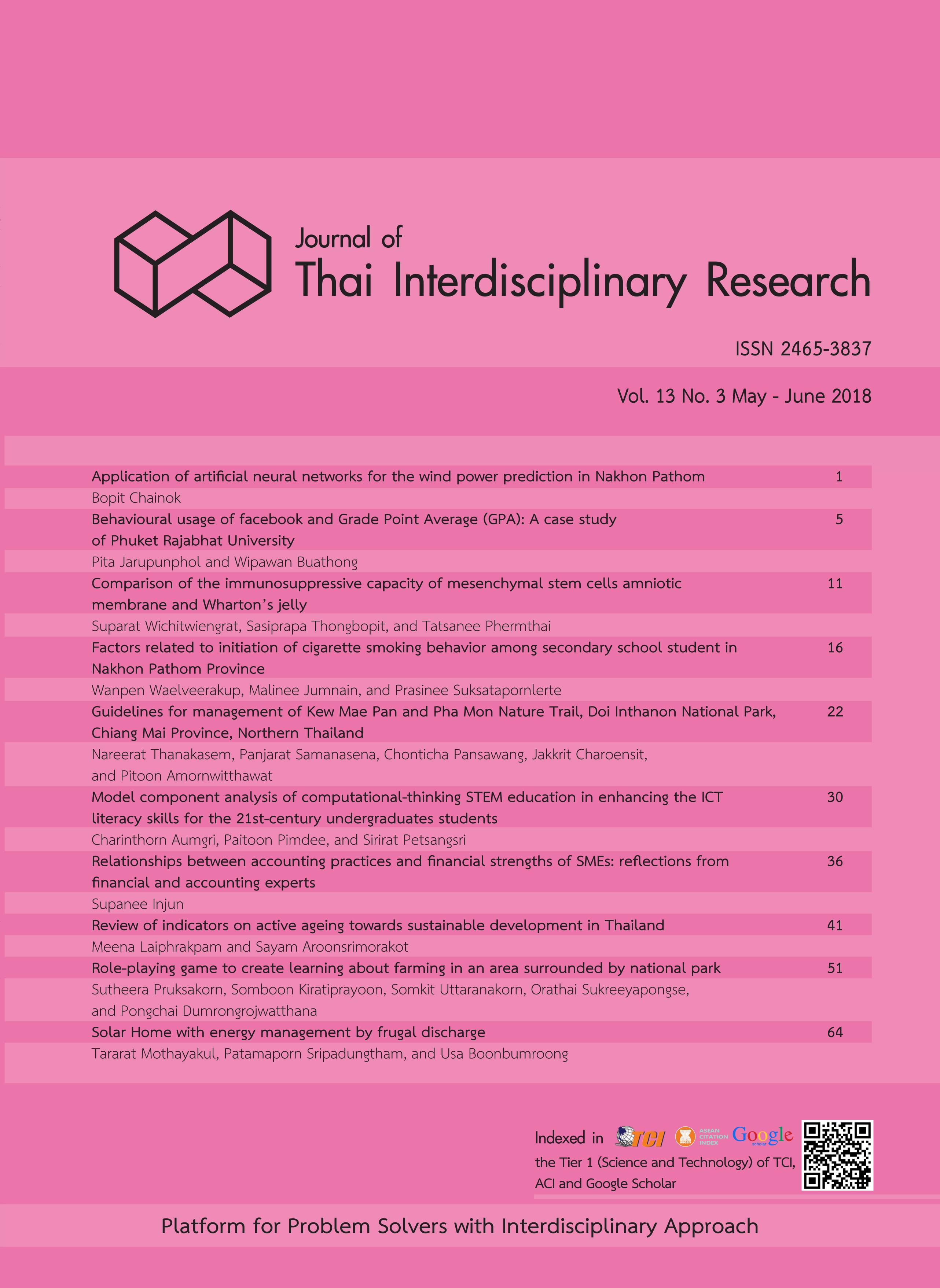Review of indicators on active ageing towards sustainable development in Thailand
Main Article Content
Abstract
There is a growing importance in the research of longevity, active ageing and its indicators as ageing has
profound social and economic consequences in the 21st century with implications for nearly all sectors of society. The 2030 Agenda for Sustainable Development sets out a universal plan of action to achieve sustainable
development in a balanced manner and seeks to realize the human rights of all people. This article reviews previous studies on active ageing with an aim to explore the indicators of active ageing towards sustainable development in Thailand. There is a growing need of ageing people to be included as the active agents of societal development goals in order to achieve truly transformative, inclusive and sustainable development outcomes. For achieving these goals, research studies are needed to explore the indicators for active ageing, community participation, health improvement, social security, and societies or policy makers should provide enabling environments for them to do so. As populations become increasingly aged, it is more important than ever that governments design innovative policies and public services specifically targeted to older persons, including those addressing, housing, employment, health care, infrastructure and social protection [1]. The implications of this paper are expected to be beneficial in individual, academic and organizations.


